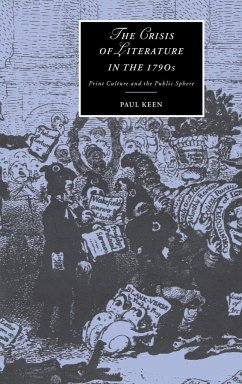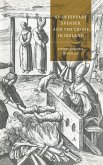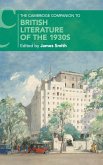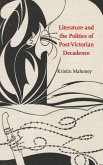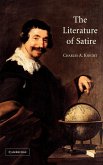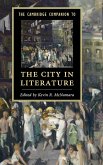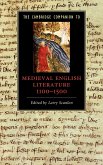This book offers an original study of the debates which arose in the 1790s about the nature and social role of literature. Paul Keen shows how these debates were situated at the intersection of the French Revolution and a more gradual revolution in information and literacy reflecting the aspirations of the professional classes in eighteenth-century England. He shows these movements converging in hostility to a new class of readers, whom critics saw as dangerously subject to the effects of seditious writings or the vagaries of literary fashion. The first part of the book concentrates on the dominant arguments about the role of literature and the status of the author; the second shifts its focus to the debates about working-class activists, radical women authors, and the Orientalists, and examines the growth of a Romantic ideology within this context of political and cultural turmoil.
Table of contents:
Introduction: problems now and then; Part I. Enlightenment: 1. The republic of letters; 2. Men of letters; Part II. Marginalia: Preamble: Swinish Multitudes; 3. The poorer sort; 4. Masculine women; 5. Oriental literature; Conclusion: romantic revisions.
An original study of debates which arose in the 1790s about the nature and social role of literature and the new class of readers produced by the revolution in information and literacy in eighteenth-century England. Topics debated include the status of the author, working-class activists and radical women authors.
An original study of debates in the 1790s about the nature and social role of literature.
Hinweis: Dieser Artikel kann nur an eine deutsche Lieferadresse ausgeliefert werden.
Table of contents:
Introduction: problems now and then; Part I. Enlightenment: 1. The republic of letters; 2. Men of letters; Part II. Marginalia: Preamble: Swinish Multitudes; 3. The poorer sort; 4. Masculine women; 5. Oriental literature; Conclusion: romantic revisions.
An original study of debates which arose in the 1790s about the nature and social role of literature and the new class of readers produced by the revolution in information and literacy in eighteenth-century England. Topics debated include the status of the author, working-class activists and radical women authors.
An original study of debates in the 1790s about the nature and social role of literature.
Hinweis: Dieser Artikel kann nur an eine deutsche Lieferadresse ausgeliefert werden.

